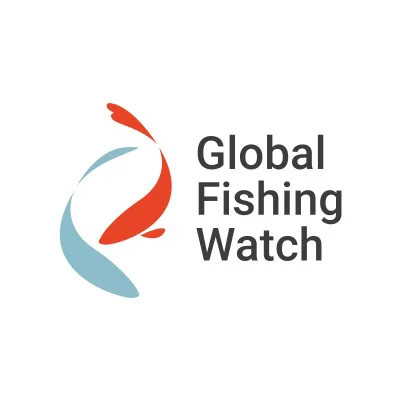UN/Flux Implementation and Analysis Consultant
closed
Global Fishing Watch
📍Remote - Worldwide
Summary
Join Global Fishing Watch, an international non-profit, as a consultant to enhance ocean governance through improved data transparency. Your work will focus on the UN/FLUX standard for fisheries data exchange, specifically analyzing its application and recommending its use for sharing fishing vessel tracking and ownership information. You will produce a report overviewing UN/FLUX, including case studies, and a set of conclusions and recommendations for its implementation in priority countries. The project requires expertise in UN/FLUX, ocean governance, fisheries management, and stakeholder engagement. The timeline is from January 13th, 2025 to April 13th, 2024.
Requirements
- Possess knowledge of the UN/FLUX Standard and data exchange
- Have experience in ocean governance and/or fisheries management regulations
- Have experience in fisheries management, particularly fisheries data management
- Have experience working with government and RFMO stakeholders
Responsibilities
- Provide an overview of the UN/FLUX standard and its applications to fisheries data exchange
- Include a brief overview of the origin, function, and objectives of UN/FLUX
- Identify countries and regional fisheries management organizations using UN/FLUX, detailing the type of data used
- Include a detailed case study from a country that has implemented UN/FLUX and a detailed description and analysis of the use of UN/FLUX in one RFMO
- Consider lessons learned, best practices, timeframes for implementation, costs and resources involved, and any reported benefits in the case studies
- Assess the challenges and opportunities of UN/FLUX uptake in Brazil, Chile, Madagascar, Panama, and Senegal, including associated costs
- Provide conclusions and recommendations for using UN/FLUX to exchange information on fishing vessel tracking and ownership information
- Make reference to any particular conclusions and recommendations for Brazil, Chile, Madagascar, Panama, and Senegal
This job is filled or no longer available